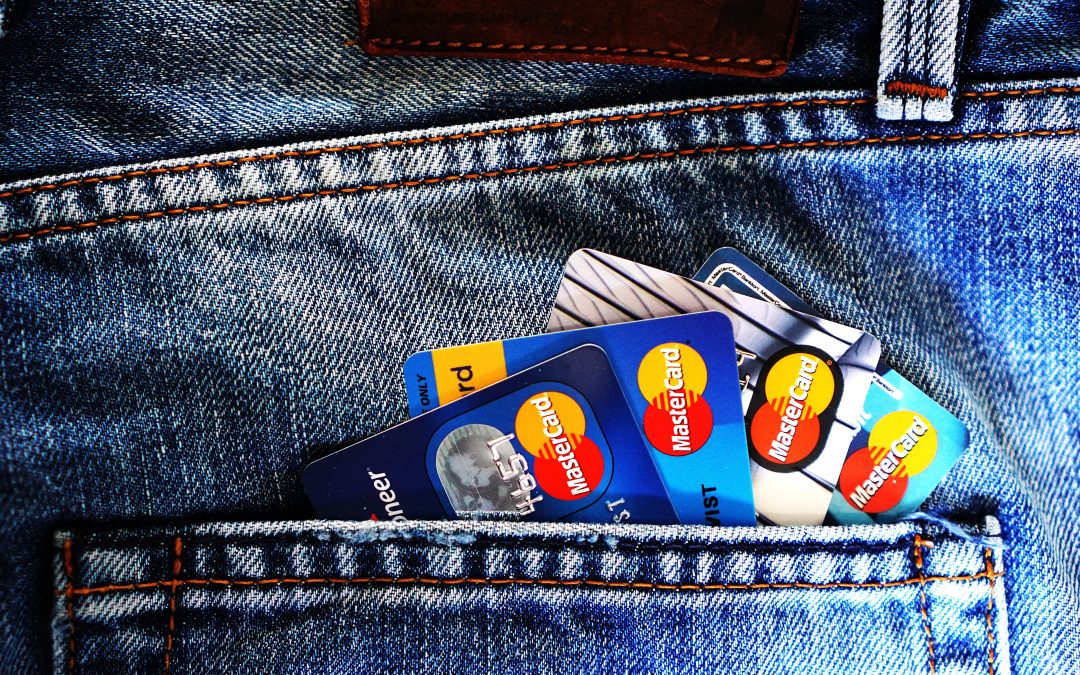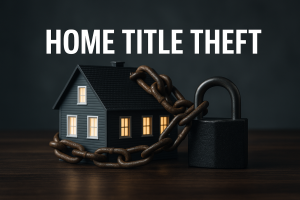The CID credit card security code number is a 3 or 4 digit code on the back of the card or front of the card that provides another layer of credit card fraud protection for the merchant and credit card financial institutions.
Your credit card number is typically a 16 digit number that is unique to your credit card issuer and your account. The credit card security code is a separate 3 or 4-digit code on your card. Your expiration date is the month and year that your card will expire.
Security Code Acronyms
Your credit card security code sometimes goes by a number of different terms, depending on the card issuer:
CID code – Card Identification number
CVV code – Card Verification Value
CSV code – Card Security Value
The CID number is primarily used for American Express Cards. That is a 4-digit number that is typically on the front of your card on the right side.
The CVV number is primarily used for Visa and Mastercard. The number is often on the back of the card just to the right of the signature strip. Sometimes it is just above the signature panel on the back of the card.
Buying something online or phone purchase
When you make online purchases or a phone purchase, it is very common for the merchant to request the following credit card information to ensure you are the rightful owner who has the physical card and not someone who is using your card for fraudulent transactions.
Credit Card Account Number – typically 16 digits
Card Expiration Date – Month and year of card expiration
Security Code (3 or 4 digit CID, CVV or CSV number)
Zip Code – Your billing address zip code
When you do an online purchase for the first time, it may seem a little clunky. Eventually it will become second nature to provide this information for your purchases.
After I enter the credit card number, I typically read it backwards to make sure I entered it correctly. I then double check the security code and expiration date, and then hit submit.
Be sure not to hit the back button after submitting to make sure you don’t charge your credit card twice!
Card Security
Note that for credit cards, you are not liable for any more than $50 for any fraudulent charge on your card. In most cases, your credit card company will reverse all fraudulent charges from your account and you will have zero financial responsibility. They want to keep your business!
Your primary responsibility is to inform your credit card immediately when you are aware of a fraudulent charge on your card.
The credit card companies know that this is a cost of doing business. Since you are not really responsible financially, the security codes on the credit cards are really a security feature to protect the merchants and credit card companies, not you.
Text Notifications
Turn on text notification on your credit cards, so that you receive a text whenever a charge is made to your credit cards. This will alert you immediately for any charges, legit or fraudulent. If someone has committed identity theft and used your card fraudulently, you can immediately call your credit card company at the phone number on the back of your cards and report the theft. They will immediately reverse the charge and it will help them prevent future fraud.
Your credit card company will issue you a new card with a new account number and security code if you card number is compromised. Your old account number will be shut down and can no longer be used. If you have different names on your account because you have multiple authorized users, each of you will get new cards.
Reducing Risk
Other ways to minimize security risk is to use a VPN (Virtual Private Network) when doing financial transactions online. These encrypted services ensure your data signal cannot be interrupted. Avoid doing financial transactions online using an open unsecured wifi service in a public place or hotel, for example. You are a sitting duck for hackers if you do that!
Your best bet may be turning your cell phone off of wifi and using your phone to make a purchase via it’s cell network which is much more secure than an unsecured wifi service.
Others have even invested in RFID wallets which also prevent someone from picking up your credit card information electronically while it’s in your pocket or wallet in a public forum. Even though you have possession of the card, someone can steal your card information electronically. The special RFID wallet prevents that possibility.
Note that as mentioned earlier, you have no real financial responsibility to cover the fraud. However, you have a vested interest because it is a big hassle to get new cards and redirect monthly automatic charges (such as subscription services) to a new card. In addition, we all ultimately pay for the losses in card fraud, as the card companies pass on these losses to customers via higher interest rates and higher annual fees.
Credit Cards Pros and Cons
We can’t discuss credit card security codes without discussing the general pros and cons of credit cards.
For many people, credit cards often carry a lot more risk than they do benefit. They offer convenience, are easy to dispute charges, and the ability to earn cash back points and benefits (small benefit). If not handled properly they can quickly destroy your financial future due to extremely high compounded interest rates (high risk). Please remember that you are playing with fire when you use credit cards.
If you are very careful and precise with your spending you can take advantage of the convenience and cash back bonuses by using credit cards (if you use the right ones). Credit cards only work for your financial future if you pay your bill in full each month (you pay no interest or late fees) and you get cash back bonuses (by selecting a card that offers a cash back bonus with no annual fee).
The problem with credit cards is that you don’t have a sense of limitation when making purchases (as you would with a limited amount of cash) which can result in you often spending more money than you should. This goes against the key personal financial principle of living beneath your means.
When in doubt use cash or another method (debit card) that limits the amount you can spend. Your financial future is too important to overspend. This is truly death by 1,000 cuts. $20 too much here, $10 too much there will add up to hundreds and often thousands of dollars in a very short period of time. Before you know it you are behind on payments which puts you down of very dangerous financial path that goes against your
If you are going to use credit cards just have a couple of the major credit cards and avoid having too many cards, especially specific store cards. They are not necessary.
You’ve Got This!




where do I find the CID on a AMERICAN EXPRESS CARD
Leroy, sorry for the delayed response. You can typically find the four digit CID on the front of the American Express Card, just above the card number.